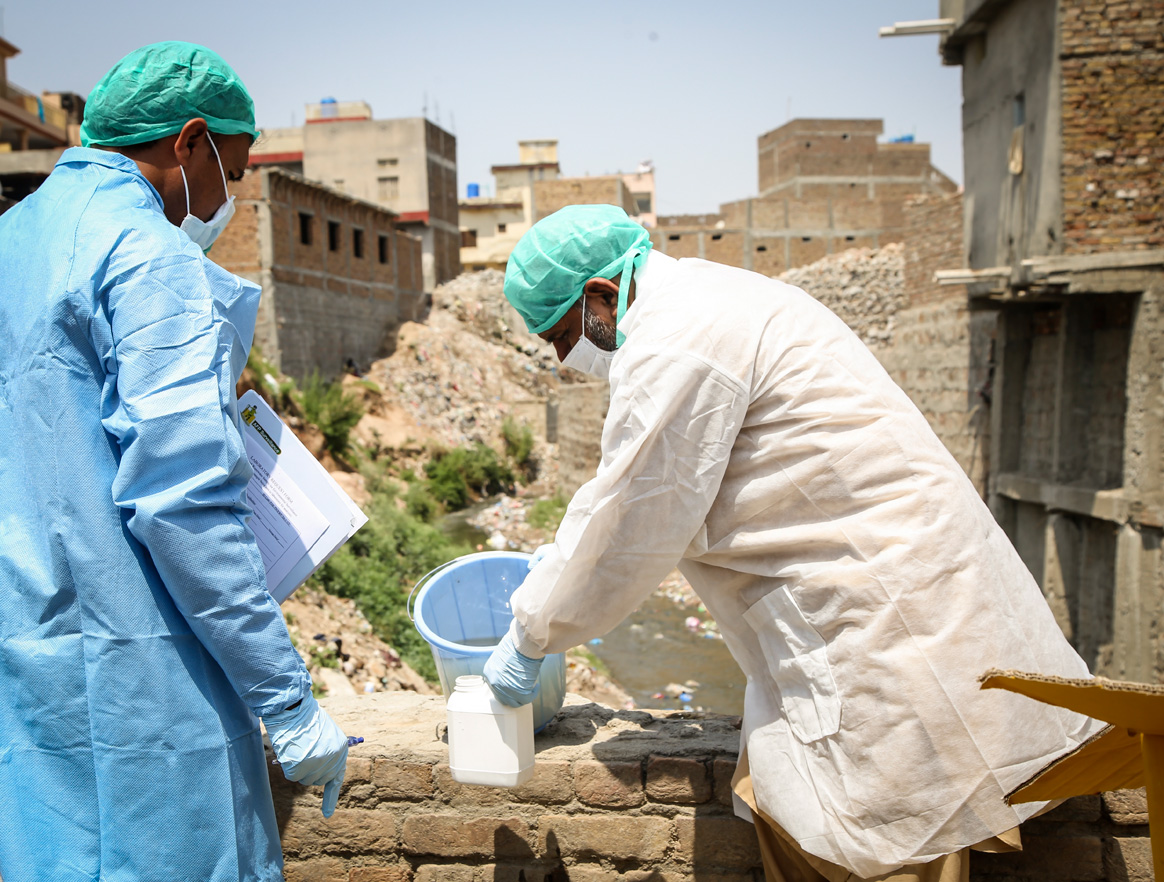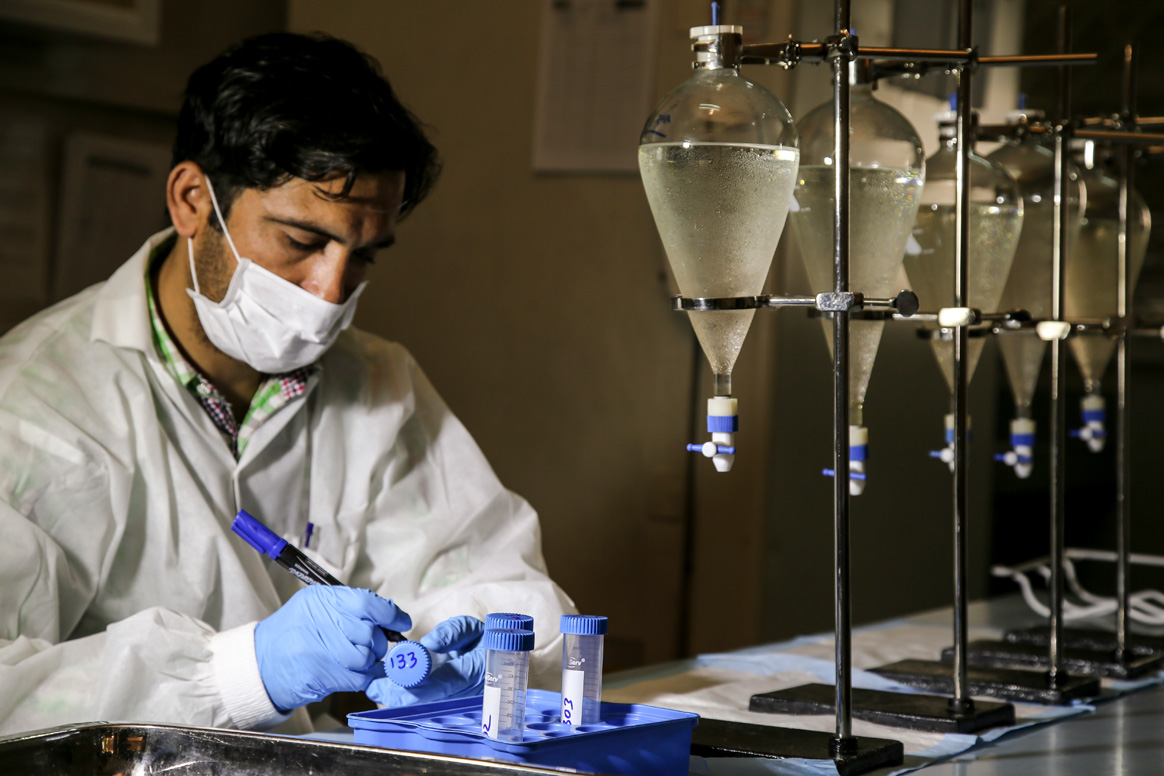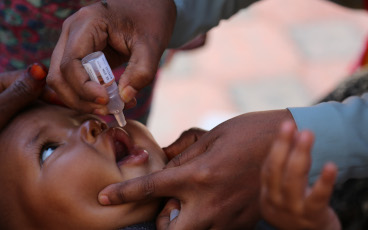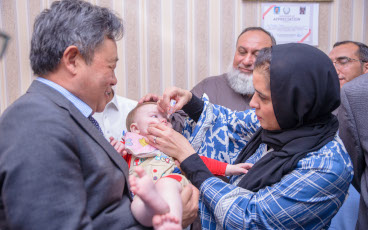Nowhere to hide
New action plan to close gaps in polio detection

From the gold standard of detecting and investigating cases of acute flaccid paralysis (AFP) to testing environmental samples from sewage collection sites, timelyand sensitive surveillance is key to locating and eradicating polio. And in the endgame to finish the job, closing all remaining gaps in detection and investigation capacity is critical.
Global Polio Eradication Initiative has developed Global Polio Surveillance Action Plan, 2018 – 2020 to help endemic, outbreak and high-risk countries measure and enhance the sensitivity of their surveillance systems. It provides new strategies that may be useful in improving detection of polioviruses, and is designed to increase coordination across field team, laboratory and information management staff.

The Action Plan outlines activities and indicators at the global, regional and country levels for all priority countries, centred around six core objectives to strengthen surveillance systems, and is anchored within the broader strategic framework of the GPEI.













